The Company is a network of senior volunteers who provide digital mediation for individuals over 65 years of age.


The Company is a network of senior volunteers who provide digital mediation for individuals over 65 years of age.
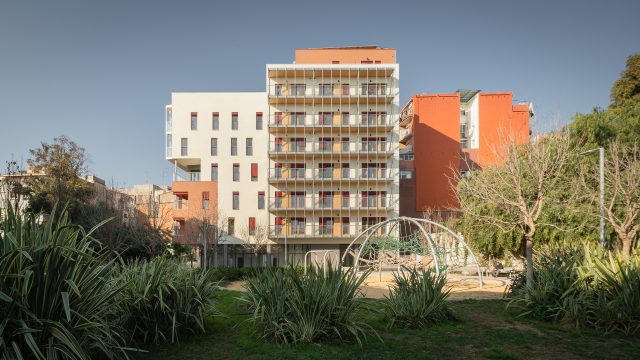
Sostre Cívic is a housing cooperative operating under the right-to-use model, which unites various projects to facilitate self-management in housing development for its members.
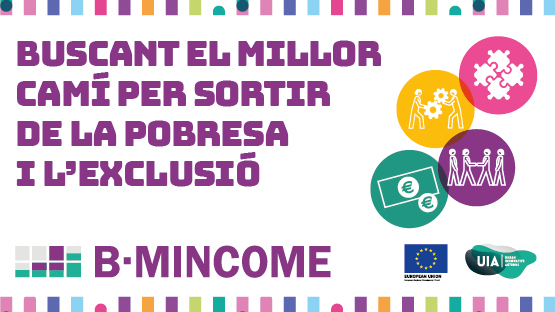
B-MINCOME effectively improves the well-being of families in socially excluded and deprived areas by combining minimum income guarantees with inclusion policies.

Granting rights to the Mar Menor and its basin strengthens social democracy and opens the way to furthering ecological justice with a new generation of rights for nature, which complement human rights.

Easy Government invites people with disabilities and socially vulnerable people to redesign legal and administrative texts, using easy reading, to create simpler communication materials for all audiences.
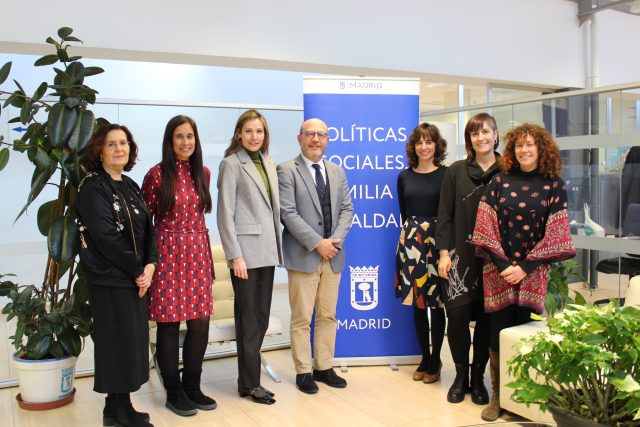
The Beatriz Galindo Centre incorporates the gender perspective into the municipal network of homeless care resources by addressing the specific needs of homeless women.
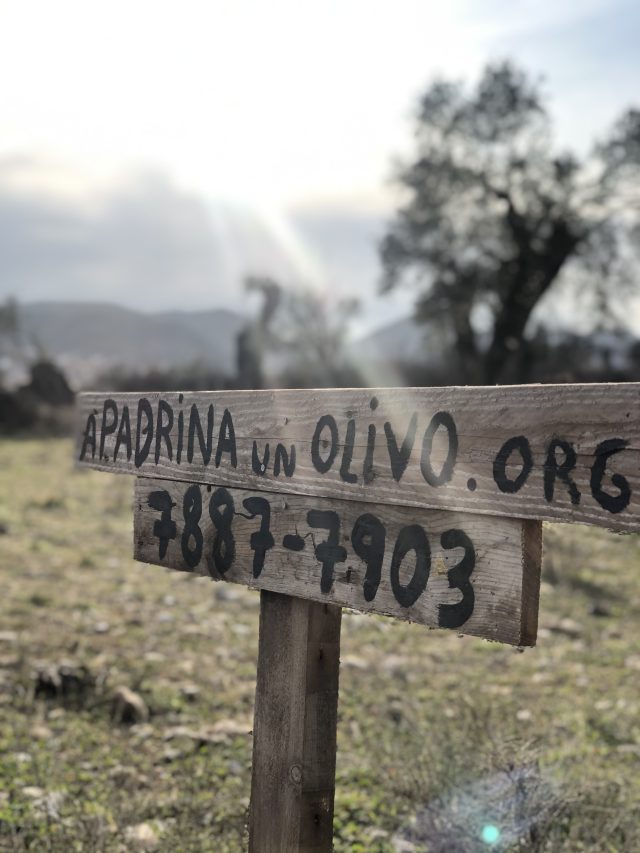
This non-profit organisation creates rural jobs by increasing the number of olive trees in production.
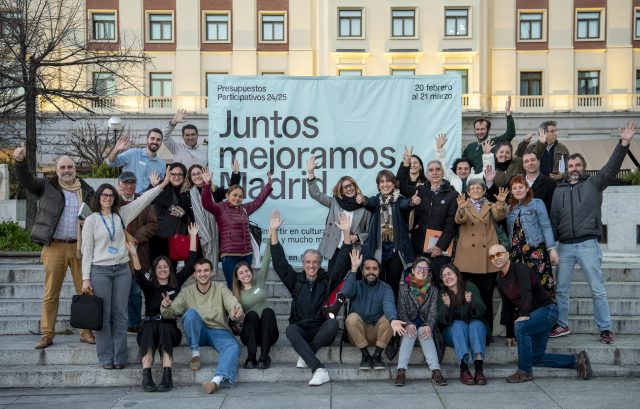
DECIDE MADRID allows citizens to make direct contributions via the platform, which are evaluated and incorporated into Madrid City Council’s public policies.
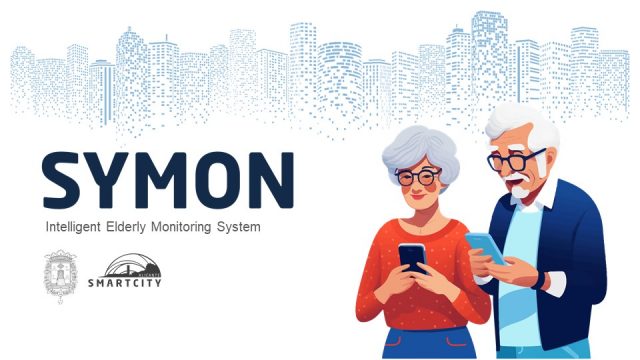
The SYMON intelligent monitoring system uses innovative technology to address the wellbeing of older citizens from three perspectives: health, loneliness, and leisure.
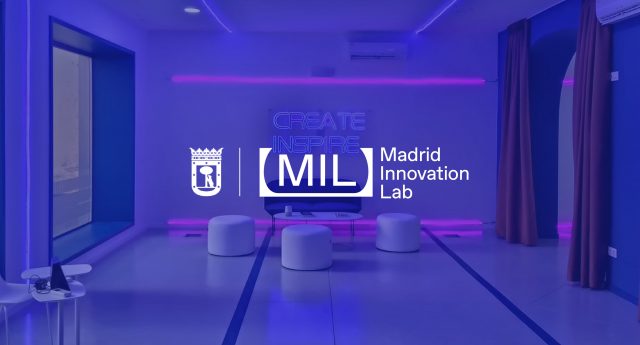
Madrid City Council launching the Madrid Innovation Lab to bring knowledge of new technologies to citizens and small companies and create a robust ecosystem around them.
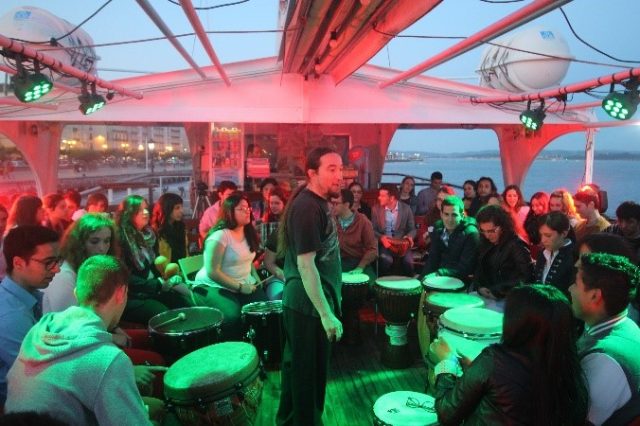
La Noche es Joven (The Night is Young) is a programme initiated by the City Council of Santander that opens its facilities to the youth of the city at night, on weekends, to offer a series of different activities.
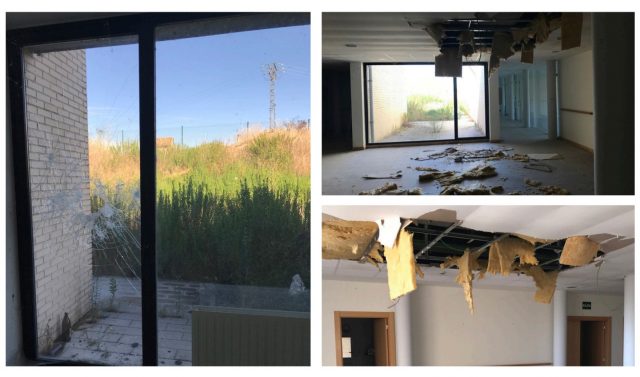
This project sees the conversion of an abandoned building into a multipurpose centre for elderly people, hosting various social innovation activities.
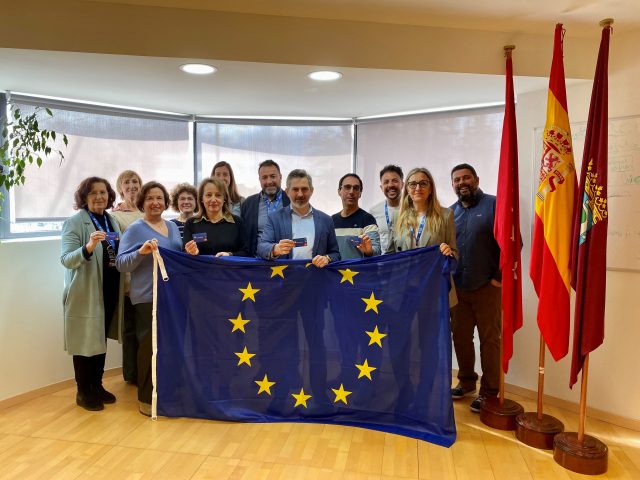
The Family Card programme is an innovative social aid project that provides cash cards to vulnerable families for the purchase of food and hygiene products, allowing them to save their income for other essential expenses.
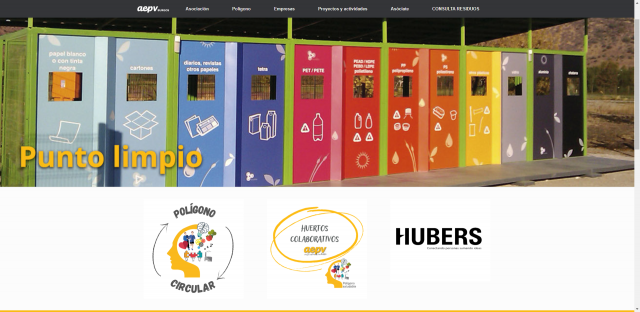
An industrial estate takes a collaborative approach to waste-management by valuing waste materials and implementing circular-economy principles.
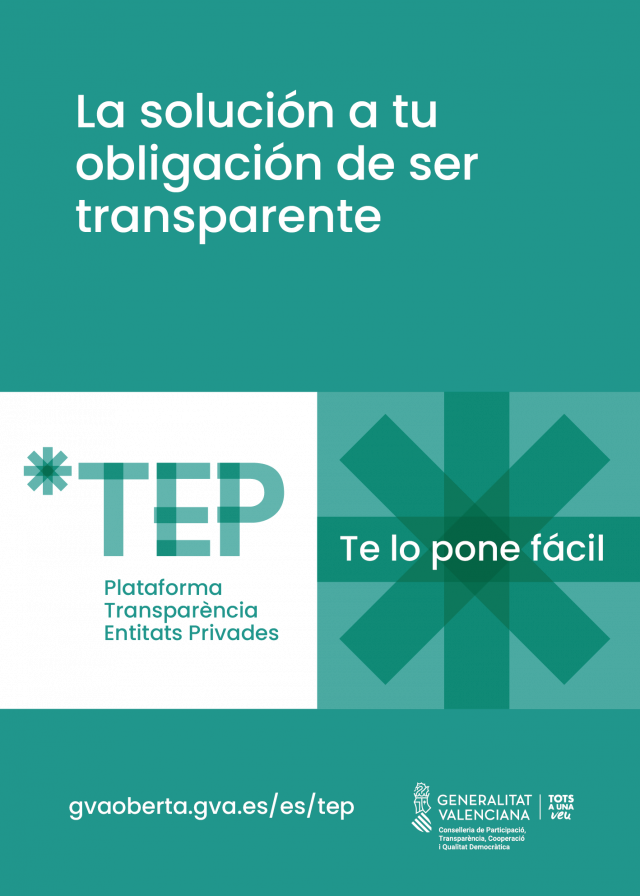
The Transparency in Private Entities (TEP) platform enables private entities of any size, including associations and small companies, to comply with transparency regulations in Spain.
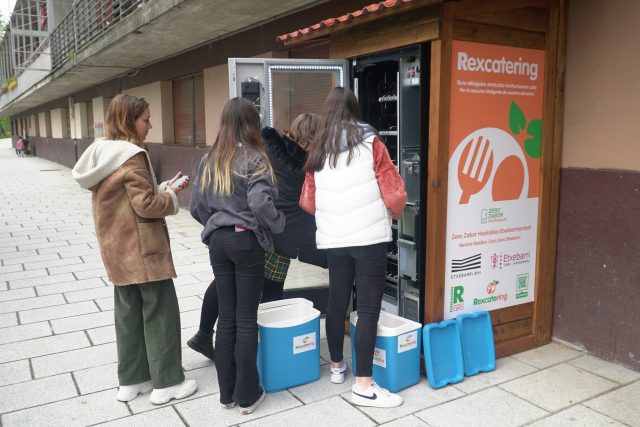
Rexcatering is a circular, zero-waste project that empowers students to fight food waste by delivering food to those in need with the help of innovative technology.
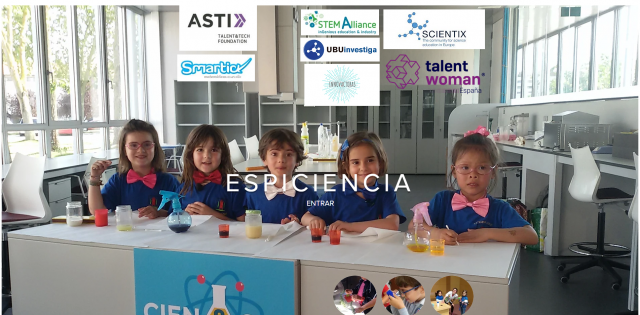
Espiciencia is an educational innovation project that aims to create a STEAM learning community in rural areas, promoting scientific and technological literacy within the entire community and empowering girls and women to enter science and technology professions.
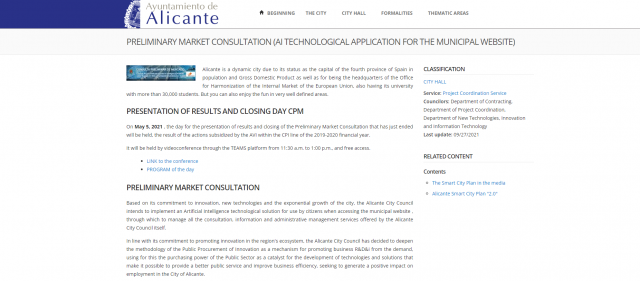
Bridging the Digital Gap aims to close the digital skills gap and resolve accessibility issues faced by people with disabilities and the elderly, using an artificial intelligence layer and accessible cyber-kiosks.
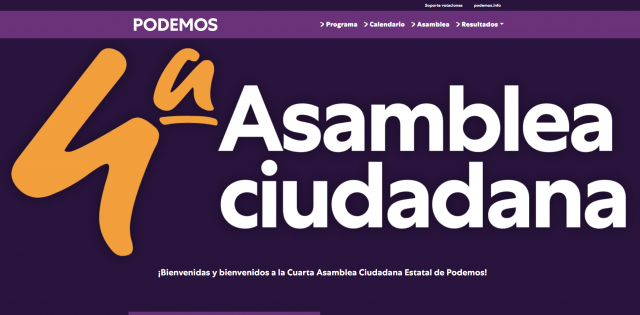
This platform allows registered members to contribute to the discourse of their party, no matter their availability or desired level of involvement.
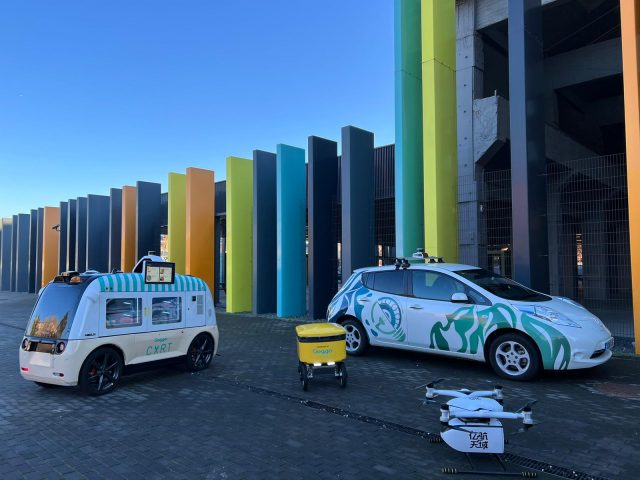
This controlled-testing environment provides safe spaces in which different products, services, and innovative projects can be tested and put into practice, simplifying procedures to facilitate innovation and entrepreneurship, thus attracting talent and investments to the city.